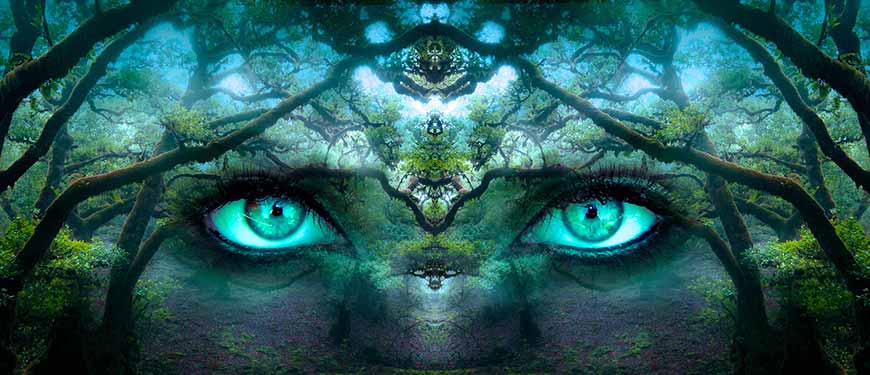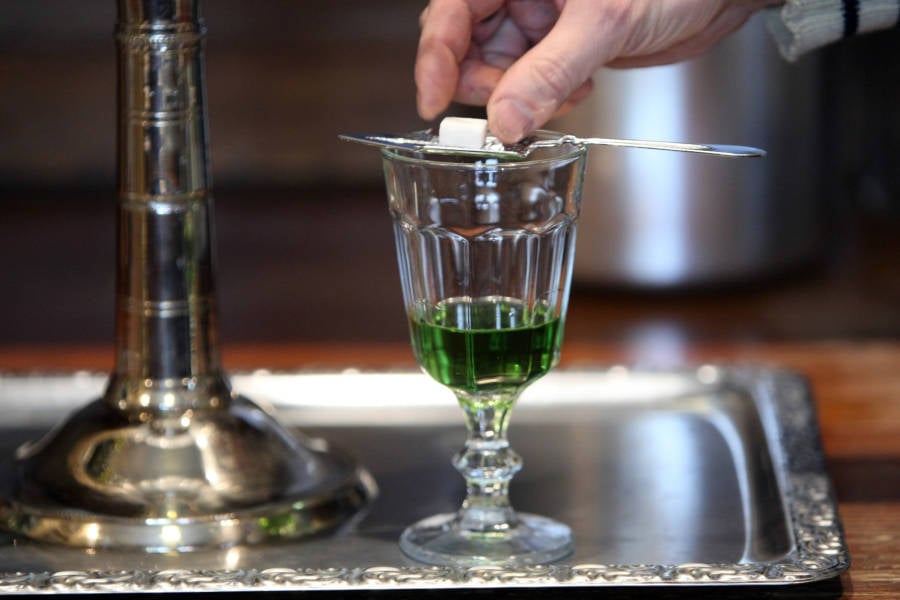

The short answer, regarding hallucinations is no. But I've never experienced any hallucinogenic effects from it. As refreshing as a mint julep but with a bit more kick. Personally, I find that a quality absinthe prepared correctly with ice-cold water and raw sugar is an amazing drink.

He has published peer-reviewed papers on the topic.Ġ.5 and 48.3 mg/L, with an average concentration of 25.4 20.3 mg/L and a Wired and Absinthe Buyers Guide have a pair of good ones. Is there any merit to the claims that thujone acts as a hallucinogen and can cause death when ingested by drinking absinthe?Ī world expert on the chemistry of Absinthe is Chemist Ted Breaux and there is no shortage of interviews with him going back a decade or more. Other than the claims made by the pro-temperance movement and producers of competing alcoholic drinks (such as wine), what evidence is there that absinthe is sufficiently different from, or more dangerous than other liquors that it is still banned in some areas and tends to be more highly regulated than other liquors?

Wild claims about absinthe, that it 'caused epilepsy and tuberculosis and killed thousands of French people', as well as its reputation for being a psychoactive drug, kept it illegal for close to 100 years, even after countries repealed their prohibitions of other alcoholic drinks. Absinthe is a distilled, alcoholic beverage, sometimes referred to as "la fée verte" (the green fairy).Ībsinthe was banned in many countries during the early 20th century:


 0 kommentar(er)
0 kommentar(er)
